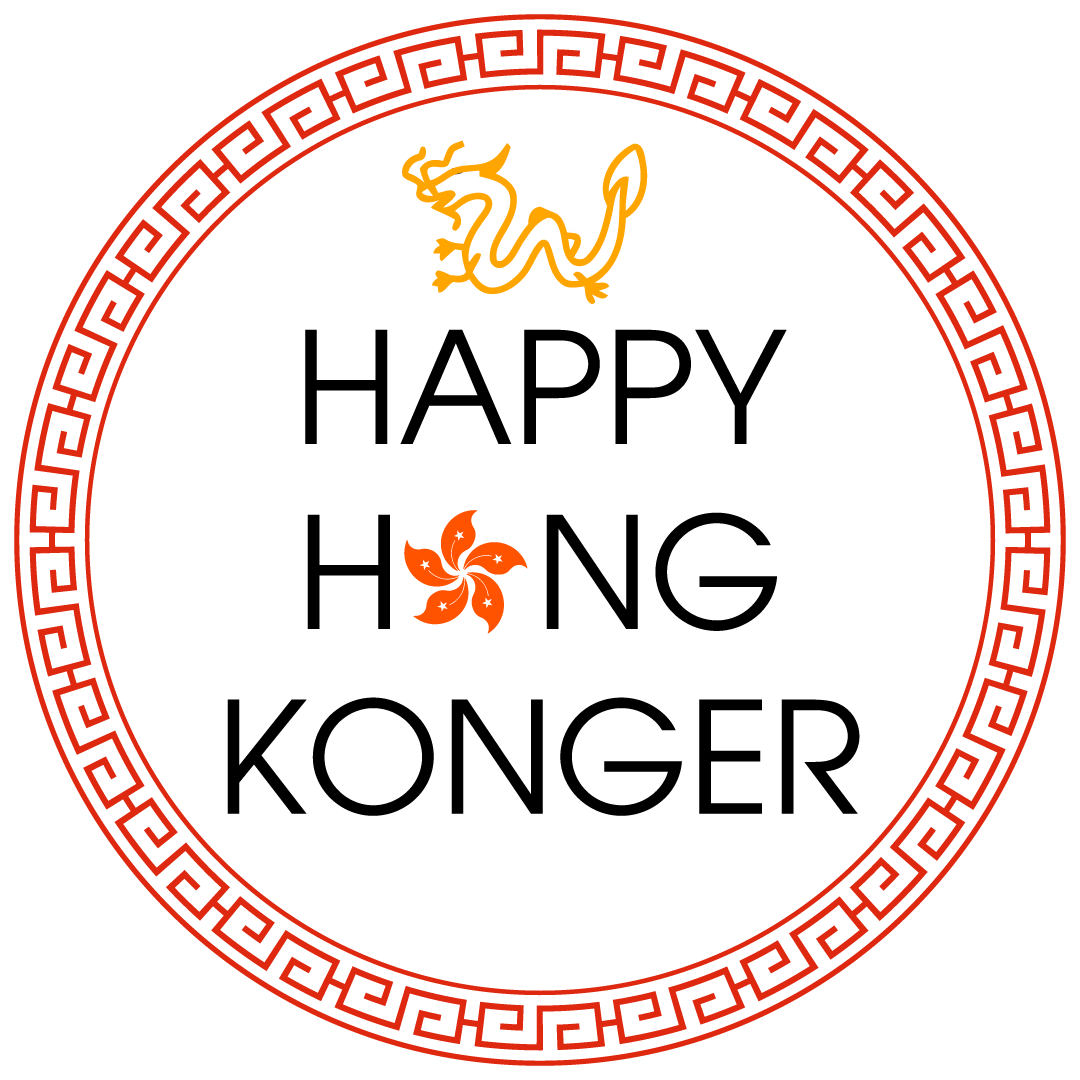

Hong Kong has long been regarded as a global financial hub with a business-friendly environment. A key aspect that contributes to this reputation is its taxation system.
The Hong Kong Inland Revenue Department (IRD) plays a crucial role in administering and enforcing tax laws, making it an essential entity for all businesses operating in Hong Kong. This comprehensive guide aims to shed light on the functions of the IRD, its services, the taxation system in Hong Kong, and the instances where businesses need to interact with the department.
What is the Hong Kong Inland Revenue Department (IRD)?
The Hong Kong Inland Revenue Department (IRD) is a government department tasked with the collection of taxes and duties in Hong Kong. The Commissioner of Inland Revenue oversees various responsibilities, including the Collector of Stamp Revenue and the Estate Duty Commissioner.
The department administers several key Ordinances and their corresponding Rules and Regulations, such as the Stamp Duty Ordinance (Cap 117) and the Inland Revenue Ordinance (Cap 112). Its vision is to be an outstanding tax administration actively contributing to Hong Kong’s prosperity and stability, while its mission is focused on efficient revenue collection, providing excellent service to taxpayers, promoting compliance, and empowering its staff to achieve this vision.
Role and Services of the Inland Revenue Department
Tax Assessment
The primary function of the Hong Kong Inland Revenue Department (IRD) is to assess and determine the tax liability of individuals, corporations, and businesses operating in Hong Kong. This assessment is based on their income and other taxable activities. Accurate tax assessment is crucial to ensure that taxpayers meet their obligations and pay the correct amount of tax.
Tax Collection
The Hong Kong Inland Revenue department collects taxes owed by individuals and companies promptly and efficiently. This includes income tax, property tax, stamp duty, and other related taxes. Timely tax collection is vital for the government to finance public services and infrastructure development.
Taxpayer Education
The Hong Kong Inland Revenue Department (IRD) aims to educate taxpayers about their rights, obligations, and responsibilities concerning taxation. This education helps foster voluntary compliance and reduces the occurrence of tax evasion. The department provides guidance and resources to help taxpayers understand and fulfill their tax obligations accurately.
Hong Kong’s Taxation System: A Business-Friendly Environment
Hong Kong offers one of the most business-friendly taxation systems globally. The main direct Hong Kong taxes are profits tax, salaries tax, and property tax.
Profits Tax
Corporations must pay profits tax at a rate of 16.5% on profits over HK $2 million, and 8.25% on the first HK $2 million in profits subject to certain conditions. For the various profit categories, the tax rates for unincorporated firms are 7.5% and 15%. This competitive tax rate attracts businesses to set up and expand their operations in Hong Kong.
Salaries Tax
This is imposed on income earned from employment or an office or pension. The standard rate of salaries tax is 15%. The tax system is simple, and tax payments are deducted at source by employers, making compliance convenient for employees.
Property Tax
Property tax is levied on the rental income derived from buildings and land in Hong Kong. The property tax rate is also set at 15%. It applies to both residential and commercial properties, making it a straightforward tax for property owners to understand and fulfill.
Advantages of Hong Kong’s Tax System
Hong Kong’s tax system offers several advantages for businesses and individuals:
Absence of Various Taxes
Hong Kong does not impose sales tax, withholding tax on dividends and interest, tax on dividends, estate tax, or capital gains tax. This tax-friendly environment encourages business growth and investment.
Free Trade Port Status
Hong Kong’s status as a Free Trade Port facilitates seamless business operations, making it an ideal location for international trade and commerce.
Simple Individual Income Tax
Individual income tax is categorized based on specific income types, such as business profits, employment income, and rental income, each having its tax treatment. The individual’s residence status only becomes relevant in the context of tax treaties.
Instances Where Businesses Need to Interact with the IRD
Interacting with the Hong Kong Inland Revenue Department (IRD) is an integral part of conducting business in Hong Kong. Several instances require businesses to engage with the IRD to ensure compliance with tax regulations and meet their obligations:
Tax Registration
Businesses are required to register with the IRD for tax purposes through the Business Registration process. This step is essential to establish the legitimacy of the business and its tax liability.
Tax Payment and Refunds
Companies need to handle payment and refund matters related to taxes. This involves submitting accurate and timely tax payments and claiming refunds if eligible.
Objections and Appeals
If a business disagrees with any tax assessment or decision made by the IRD, they have the right to raise objections and file appeals. This process allows them to seek a fair resolution to any tax disputes.
Settling Tax in Dispute
In cases where there are disagreements regarding the amount of tax owed, businesses can settle the tax in dispute and any interest accrued on the held-over tax.
Holding Over Provisional Tax
For companies subject to provisional tax, there is an option to apply for the holding over of provisional tax to manage their cash flow effectively.
Deregistration Notices
Businesses can apply for a Notice of No Objection to deregister a company or Limited Partnership Fund (LPF) when they no longer intend to operate in Hong Kong.
iXBRL Filing
The introduction of iXBRL Filing has marked a new era of Profits Tax Filing. Companies need to adapt to this digital reporting format for accurate and efficient tax filing.
Record-Keeping
Maintaining proper record-keeping is crucial for businesses to substantiate their tax positions and comply with IRD requirements.
Updating Address Details
Companies should promptly notify the IRD of any changes in their postal address to ensure effective communication and avoid potential penalties.
Notifying Chargeability
Businesses need to fulfill their duty by notifying the IRD of chargeability, indicating their liability to pay taxes.
How Can We Help – Our Taxation Services
At Premia TNC, we understand the complexities of Hong Kong’s tax system and the importance of following IRD guidelines. Our team of tax consultants is skilled in navigating the changing tax landscape providing comprehensive solutions tailored to your specific business needs. From tax planning to ensuring compliance, we will efficiently manage your taxes allowing you to focus on expanding your business with peace of mind.
Start your journey with us by scheduling a consultation with our knowledgeable tax consultants. We will assess your business requirements and discuss strategies for optimizing your taxes and provide customized solutions aligned with your goals.
Frequently Asked Questions
1. What is the Hong Kong Inland Revenue Department (IRD)?
The Hong Kong Inland Revenue Department is the government body responsible for administering and enforcing tax laws in Hong Kong. It oversees various taxes, including property tax, profits tax, and salaries tax.
2. How can I contact the Hong Kong Inland Revenue Department?
You can reach the Hong Kong Inland Revenue Department through their hotline or visit their official website for contact details. Alternatively, you can visit their offices in person for assistance.
3. What taxes does the Hong Kong Inland Revenue Department handle?
The IRD manages taxes on profits earned by corporations and businesses, income tax on individuals, property tax, and more. They also handle issues related to tax assessments, tax deductions, and tax compliance.
4. What are the deadlines for tax filings in Hong Kong?
The deadlines for tax filings vary depending on the type of tax and the company’s circumstances. Generally, corporate tax returns are due within a specified period after the company’s financial year-end, while individual tax returns are due early June each year.
5. Does the Hong Kong Inland Revenue Department offer any tax incentives?
Yes, the IRD provides various tax incentives and concessions to promote business development and investment in Hong Kong. These incentives can help companies reduce their tax burden and foster economic growth.


















